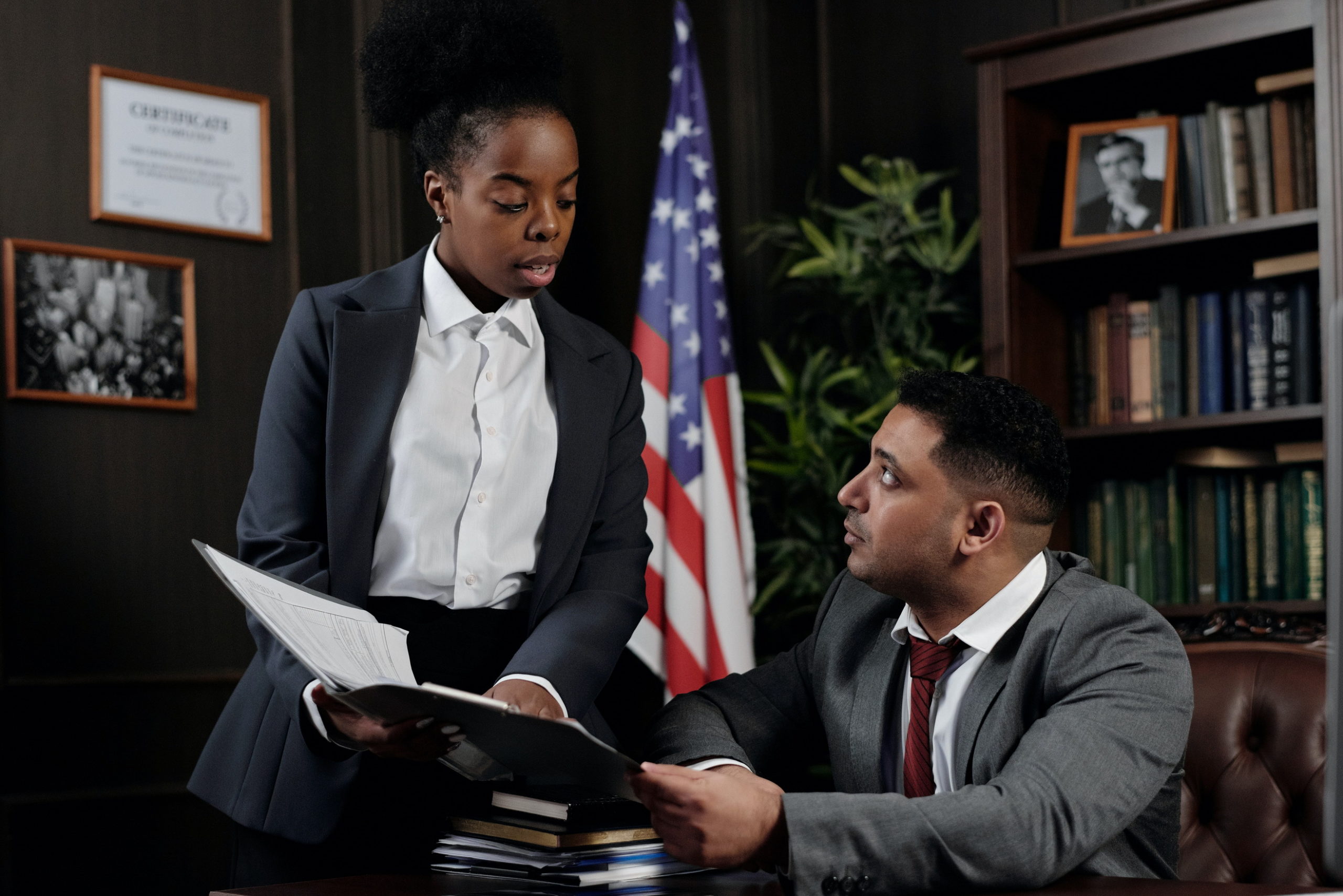
The role of an attorney in a criminal case is an important one. An attorney is responsible for representing their client in court, advocating for their rights, and providing legal advice. A criminal attorney can provide invaluable guidance to a defendant throughout the entire criminal process, from the initial arrest to the appeals process.
When a person is arrested and charged with a crime, the first step is to contact an attorney. An attorney can provide advice on the best course of action, such as whether to plead guilty or not guilty and whether to accept a plea bargain or go to trial. An attorney can also review the evidence against their client and advise on the best strategies for defending the case.
An attorney is also responsible for building a defense strategy. This includes researching the law, gathering evidence, interviewing witnesses, and filing motions. An attorney may also negotiate with the prosecution to reach a plea bargain or reduce the charges against their client.
During the trial, an attorney will present the defendant’s case in court. This includes making opening and closing statements, questioning witnesses, and making legal arguments. An attorney is also responsible for ensuring that the defendant’s rights are protected throughout the trial.
Finally, an attorney can handle the appeals process if the defendant is found guilty. This includes filing appeals and arguing for a new trial or a reduced sentence.
The role of an attorney in a criminal case is an important one. An attorney can provide invaluable guidance and advocacy throughout the entire criminal process. Without the assistance of an experienced attorney, a defendant may not receive the best possible outcome in their case.


